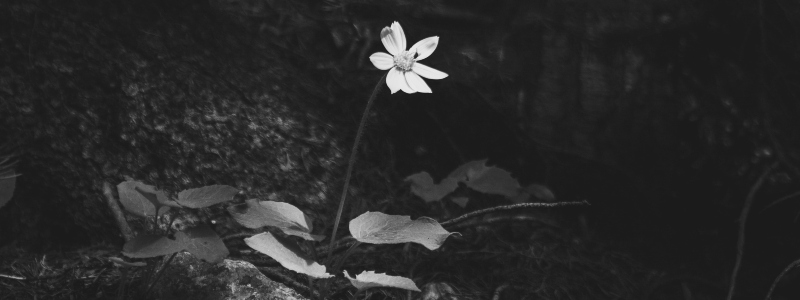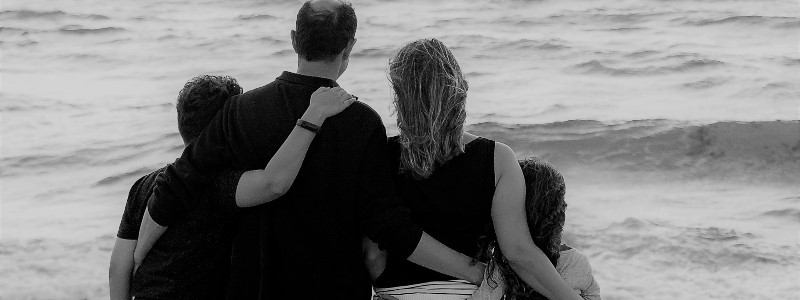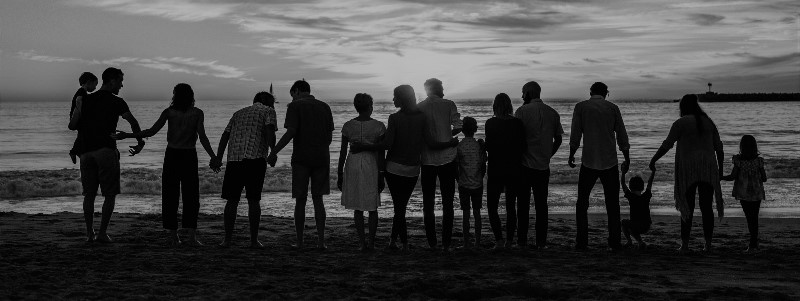Can talking to an empty chair help ease our mental distress and help make us more positive and confident?
It may seem a strange idea, but evidence has been accumulating for more than ninety years that it can. The techniques involved, initially called ‘psychodrama’, originated in 1930s New York. They were refined in the 1950s by a pioneering psychoanalyst called Fritz Perls – the father of Gestalt therapy – and now form an important part of the ‘toolbox’ used in a range of therapies.
Chair work involves the use of physical or imaginary chairs to facilitate dialogue between different aspects of the self, or to explore conflicting emotions, thoughts, or perspectives.
Such work is at the heart of cognitive behavioural therapy (CBT) and schema therapy, which I have practised for almost a decade. It is designed to allow you to push away or reduce the impact of criticisms and deficiencies of care you have received from others from your childhood onwards, and to stop your own inner critic – usually rooted in shame – from hobbling your self-confidence and self-esteem.
The core premise of the technique is that talking in the present, in the safety of the therapy room and under the guidance of the therapist, to those who caused us problems in the past, helps to take the ‘sting’ out of negative memories stuck in the fight-flight area of our brains and to feel that we are back in control. Put another way, this is a route towards being able to regulate our negative emotions such as fear and anger more effectively.
Equally, talking to voices coming from within – for example our self-critical mode, or our ‘vulnerable child’ mode, both of which can be very debilitating if we have had insufficient care during our childhoods – can help us to boost our sense of agency and ability to self- soothe and self-validate.
What are the practicalities of chair work? To explain, I have created the example of John, an imaginary client now in his early thirties with problems typical of those which frequently surface in the therapy room.
As John grew up a key element was that his father – who was irascible and a big drinker – was very hard on him about doing homework and frequently yelled at him that he must do better. He regarded anything less than a grade A as failure – and failure led to consequences, from being grounded to pocket money being withheld and sometimes, beatings. Young John found such treatment very difficult to cope with because his
understanding of the world and his powers of reasoning were not fully developed. The father who was supposed to love him was a vengeful aggressor. It was cruel and frightening and his young self felt like there was no way of escape or answering back.
The impact went much deeper. John was traumatised by some of the more extreme punishments. He also came to believe that the pressure from his father was his fault because he simply wasn’t good enough. He was ashamed of himself and felt continually vulnerable because he was convinced that whatever he did was sub-standard.
When he started work, receiving criticism of any kind made him feel very insecure and often triggered him to defensive anger against his perceived attackers. At other times, he avoided exposing himself to the possibility of the type of behaviour his father had so often displayed by being insular. John was very bright but progress in his career was hampered by his very deep-seated negative beliefs about himself and the world – all rooted in his father’s mistreatment.
To help tackle these problems, I first went through with John the history of his relationship with his father and explained how such punitive and demanding behaviour undermined his self-esteem and of having a secure base in his life. Then came the chair work. The goal was to bring into the room the possibility of re-engineering what happened to him as a child, this time with him – rather than his father – calling the shots.
I asked John first to imagine how in his grown-up life, what he would want to say to someone who was treating a child like his father treated him. John was quick to say that he would tell him that such bullying was not acceptable and unfair to a child.
I then brought an empty chair at right angles to us both in the space between us. I asked John if he minded imagining his father as he was in his childhood sitting in the empty chair.
He was reluctant at first on the ground that it felt scary, even now. I reassured him that the difference between then and the present was that he was alone back then, and that I, as his therapist, was there to help and protect him.
I then asked John – as his grown-up, healthy self in the safety of the therapy room – what he would like to say to his father. His first reaction, exactly as when he was a child, was fear and reluctance. I reassured him again that he was safe, and eventually – at first slowly, but gradually gathering pace – he told his dad that he loved him but felt that what he had done to him regarding homework was very unfair, frightening and cruel. Gathering in confidence, he told him that it should never have happened and that he was still struggling with the consequences, that he had never felt good enough.
Much more happened on John’s therapy journey, but the chair work encounter with his father was a turning point in creating a new awareness of what had happened to him and in realising he had a choice in how he could control the distress he had so often felt. He had developed his own voice – and agency – in dealing with his father.
Reference works for further reading:
Cognitive Behavioural Chairwork, Matthew Pugh, Routledge, 2020.
Contextual Schema Therapy, Eckhard Roediger, Bruce Stevens and Robert Brockman,
Context Press, 2018.
David Keighley is a BACP Accredited counsellor/psychotherapist offering short and long term therapy to individuals and couples using a variety of techniques such as EMDR, CBT and Schema Therapy. He is also a trained clinical supervisor. He is available at our Brighton & Hove Practice.
Further reading by David Keighley
How therapy can help with anger issues














